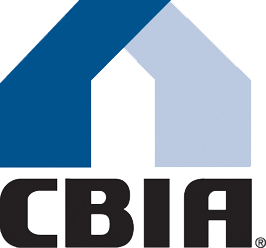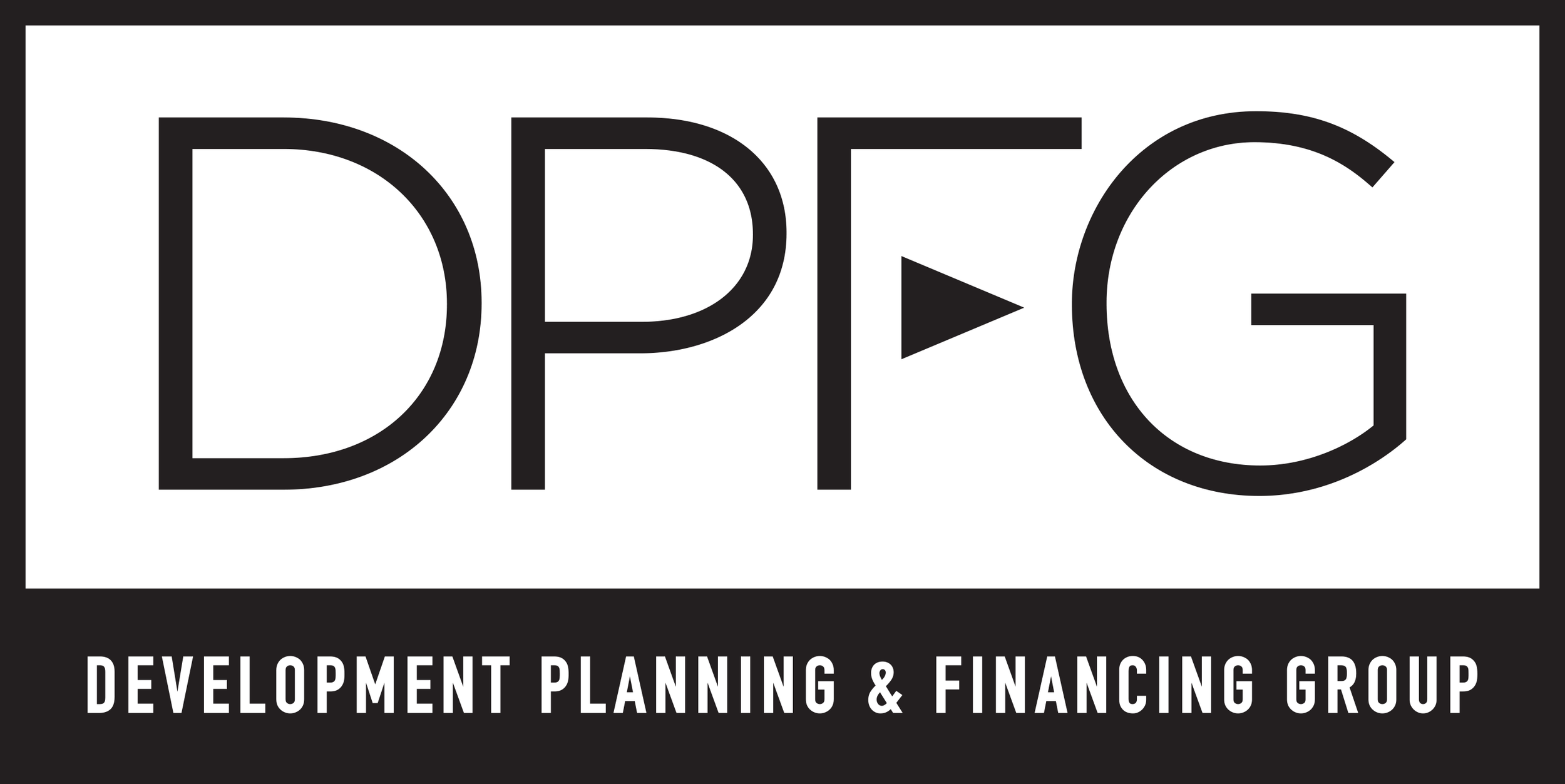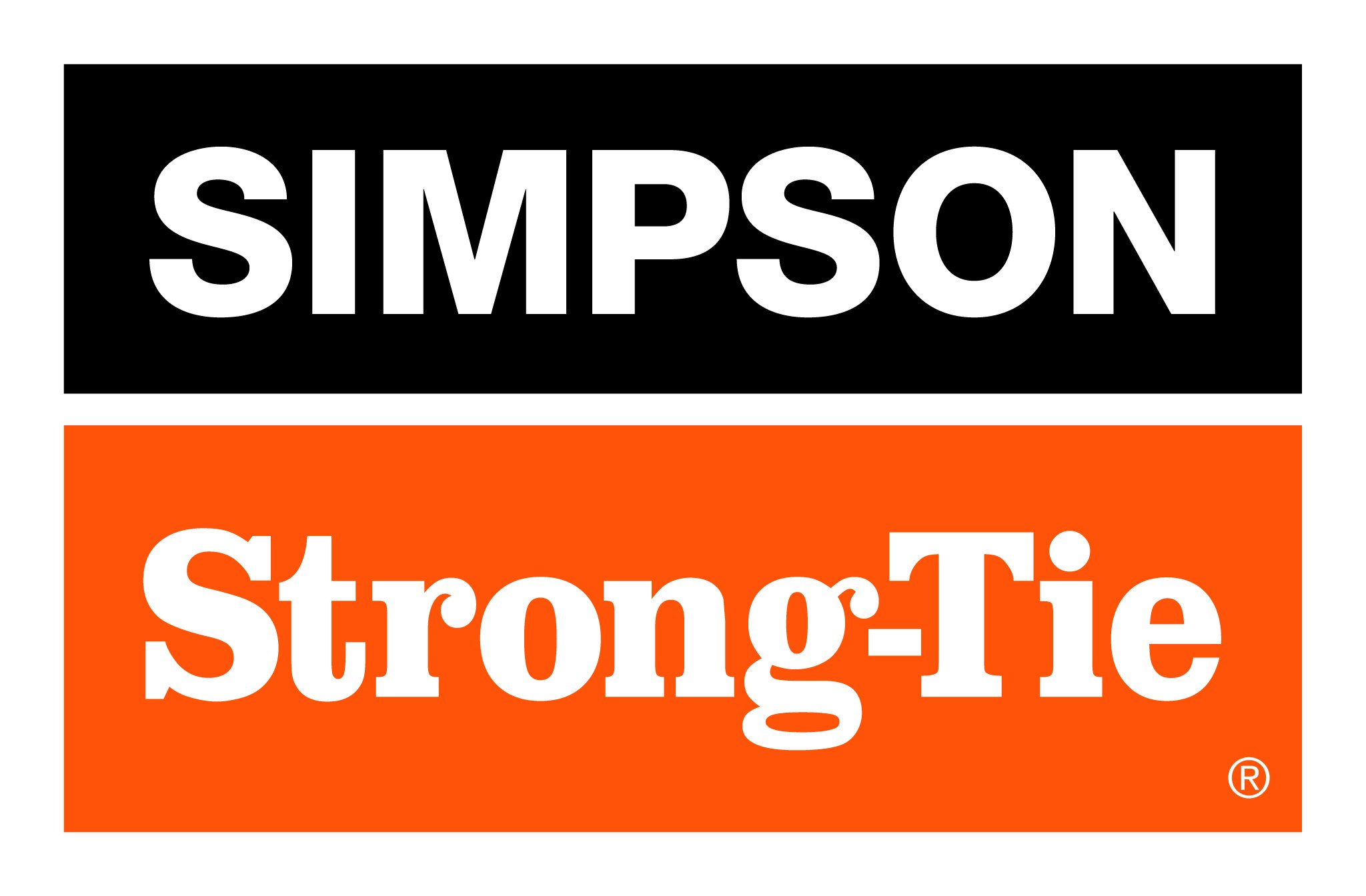Photo by Thirsty Turf Irrigation on Unsplash
by Phillip B. Burum, Executive Vice President, Diversified Pacific,
President, Building Industry Association (BIA) Baldy View Chapter
If it is time to move on and provide someone else with the opportunity to fulfill their dream of homeownership, there are some important steps that you should take to maximize the value of your home before any prospective sale.
I have often wondered why it is necessary to have directions on shampoo, but as I write this message, I am compelled to include the note that the home must be cleaned before any other steps are taken. Unless the listing will be noted as a “fixer upper”, please clean the home thoroughly. It is not possible to have a second first-impression so make sure the first time anyone sees your home, they are not left with a memory of stained carpet or dirty dishes in the sink.
Whether you have decided to list the home yourself or retain an experienced professional, do your homework. It is my opinion that an individual is better served by retaining a professional, but that choice is an individual one. For anyone bold enough to list the home on their own, I cannot add to the pool of experience that you already have so for the purposes of this article, I will assume that the selling party is opting to list the home with a professional agent or broker.
Literally everyone I know has some connection to a real estate agent. Their brother’s cousin’s uncle, a neighbor down the street or even a close family friend; somehow, they all have a connection. For those of us not blessed by a family connection to the top performing agent in their region, please recognize that a great agent in control of your listing will be the difference in the sale of the home.
Seek out an agent who will serve your needs, negotiate the best deal for you and get the sale in escrow on a timeline that works best for you. Make inquiries of friends that have sold homes in the past, search the internet for comments about agents and experiences. Check to see that your chosen agency or broker is a member of the Inland Valleys Board of Realtors (IVAR) or your local chamber of commerce. Verify his or her license with the California Department of Real Estate (www.DRE.ca.gov).
It cannot be sufficiently emphasized that the wrong agent can cost you thousands of dollars and hundreds of hours or worry and fret whereas the right one can make this a profitable and reasonably pleasant experience. In short, vet the agent before you meet them and only move forward with them if you are comfortable and confident in their track record and abilities.
Work with your agent to price your home appropriately. You will have to have a basic understanding of comparable listings in your area in order to price the home properly. Your agent will be a great resource but, with an investment as big as a home, some personal effort to gain an understanding of the market should be a priority for any home seller.
Set reasonable expectations for the timing of the sale and the conditions for showing the home. If you are looking to top the market with the sale of your home versus comparable homes, for example, it will likely take longer to find the buyer who appreciates your home the way you do. However, if your goal is a faster sale, be open to a price below market comparables to entice a buyer that can move quickly. Whatever your motivation, set and agree on reasonable expectations.
Stage the home for successful showings. A home should show as if lived in, but the owners are on vacation. The viewing process should not impair your ability to make enjoyable use of your home but, consider how your living conditions might impact a buyer’s first impression. Regardless of your agreement for showing times, a buyer might request a showing at any time.
Lastly, never rely on any verbal communication – request everything in writing. Selling a home is a major transaction on a huge investment. Plan your home sale as though you may one day be recounting the entire transaction before a judge or state agency. It sounds ominous, but an accurate recounting may be required if something goes wrong in the transaction.
When selling your home, you are the business and your home is the product. Your agent is your representative. As with any business owner, it is ultimately your responsibility to ensure that you and your product are accurately represented. Choose your representative well as they are key part of the presentation of your business.
*****

































